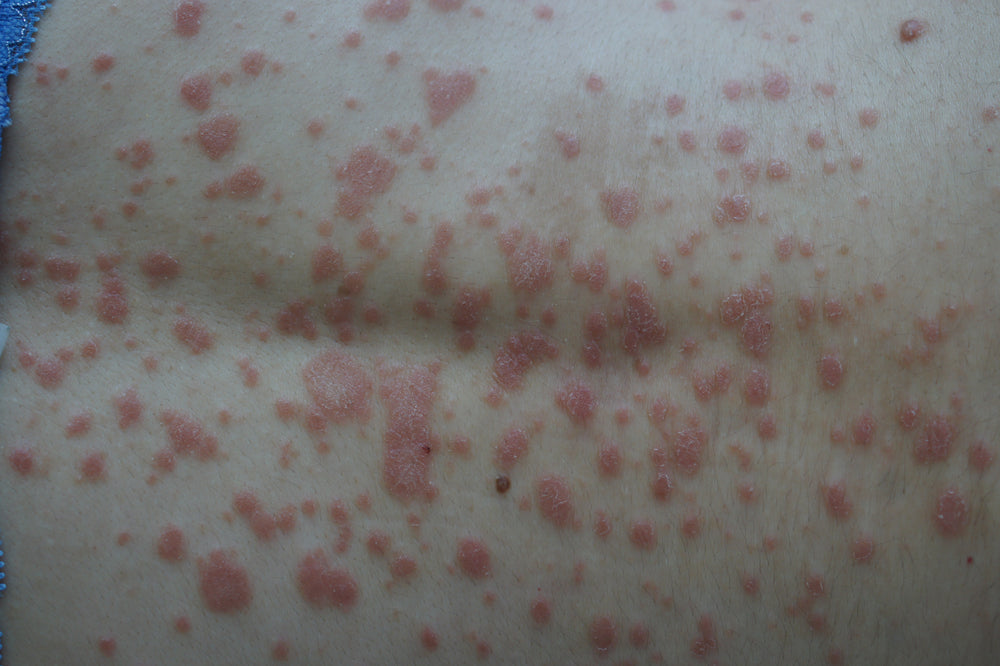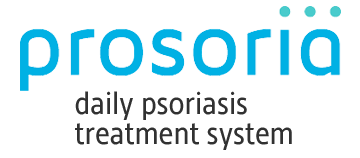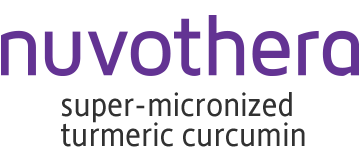What Causes Guttate Psoriasis?
06 Feb 19

Psoriasis affects about 125 million people worldwide, which is about 2 to 3 percent of the global population. Plaque psoriasis may be the most common form of the disease, but guttate psoriasis is the second most common, often affecting kids and young adults. Learn more about guttate psoriasis and what causes it below.
What is Guttate Psoriasis?
While it mainly affects the skin, psoriasis is actually an autoimmune disorder characterized by a sudden speed up in your skin cells’ natural lifecycles. This causes layers of skin to grow over one another, forming dry, scaly patches of skin, often referred to as plaques. These lesions are often red, itchy, and inflamed, causing discomfort and even pain. Plaques can cover just about any part of the skin, but they are most common on the knees, elbows, and scalp. Other common signs and symptoms of guttate psoriasis include:
- Dry skin that may crack or bleed
- Itching skin
- General soreness and/or burning sensation
- Pitted, ridged, thickened nails
- Stiff, swollen joints (psoriatic arthritis)
Psoriasis can range in severity from a few spots of scaling to larger, more widespread breakouts all over the body. Psoriasis also tends to operate in a cycle. You may experience a flare-up lasting a few weeks to several months, which then subsides or goes into full remission until the next flare up.
Guttate psoriasis is a form of psoriasis that comes with many of the same general issues. It’s the second most common form of the disease, affecting about 10 percent of all people with psoriasis. The big difference is the shape and size of the lesions. Where plaque psoriasis often features a few large, thick lesions, guttate psoriasis is characterized by lesions that are small, red, and separated. Guttate lesions often look like fine silvery scales and are not as thick as lesions characteristic of plaque psoriasis. Guttate lesions can number in the hundreds and are most often found on the trunk and limbs. It may, however, appear on the face, scalp, and ears. Guttate psoriasis can precede or even coexist with other types of psoriasis.
What Causes Guttate Psoriasis?
As an autoimmune disorder, psoriasis is actually caused by a malfunctioning immune system. Your immune system is normally supposed to protect your body and eliminate bacteria, viruses, and other potentially harmful microbes. With autoimmune disorders, the immune system mistakenly attacks healthy tissue. In the case of psoriasis, your immune system attacks healthy skin cells while at the same time signaling the production of new skin cells. This essentially causes skin cells to build up rapidly and unnaturally on the surface of your skin, causing the scaly plaques.
While we do know that psoriasis is an autoimmune disorder, we still don’t actually know what causes the immune system to malfunction this way. Most research points to a mix of genetics and environmental factors. If you have a parent with psoriasis, you are believed to have about a 10 percent chance of developing psoriasis yourself. That chance jumps to 50 percent if both of your parents have psoriasis.
We do know that psoriasis flare-ups can be triggered by certain environmental factors. While these triggers can vary, guttate psoriasis can specifically be triggered by certain bacterial infections, mainly strep throat, which may set off a reaction in the immune system that can lead to skin lesions.
Other known triggers for guttate psoriasis include:
- Cuts, scrapes, sunburns, and other injuries to the skin
- Certain prescription medications
- Stress
- Smoking and excessive alcohol consumption
Treatments for Guttate Psoriasis
There is currently no cure for psoriasis in any form. Thankfully, guttate psoriasis should go away on its own after about two to three weeks, and treatments can help to speed up the process, reduce symptoms, and generally make you more comfortable.
Topical treatments tend to be the most common and often comprise creams containing salicylic acid or coal tar. Your doctor may also prescribe phototherapy, which involves the use of UV rays in controlled intervals to slow down skin cell growth. Medication in the form of oral or injected drugs can lead to rapid and prolonged clearing of guttate psoriasis, but these are often only reserved for severe cases.
Guttate psoriasis can have a serious impact on your general health as well as your sense of self. Talk to your doctor today if you think you have guttate psoriasis, and take back control of your skin.
Sources:

